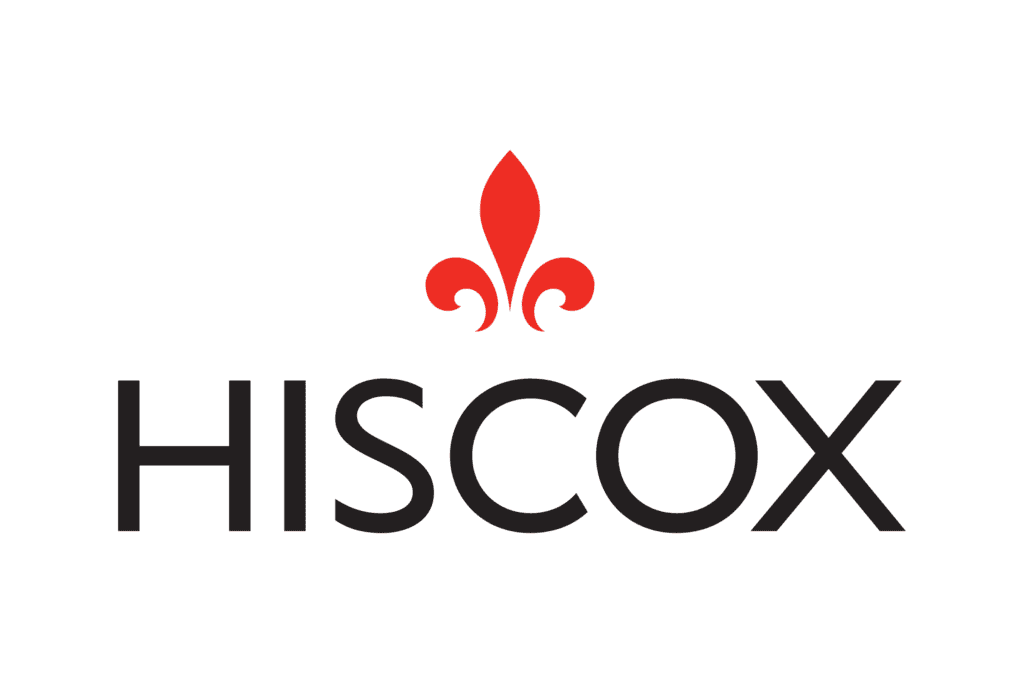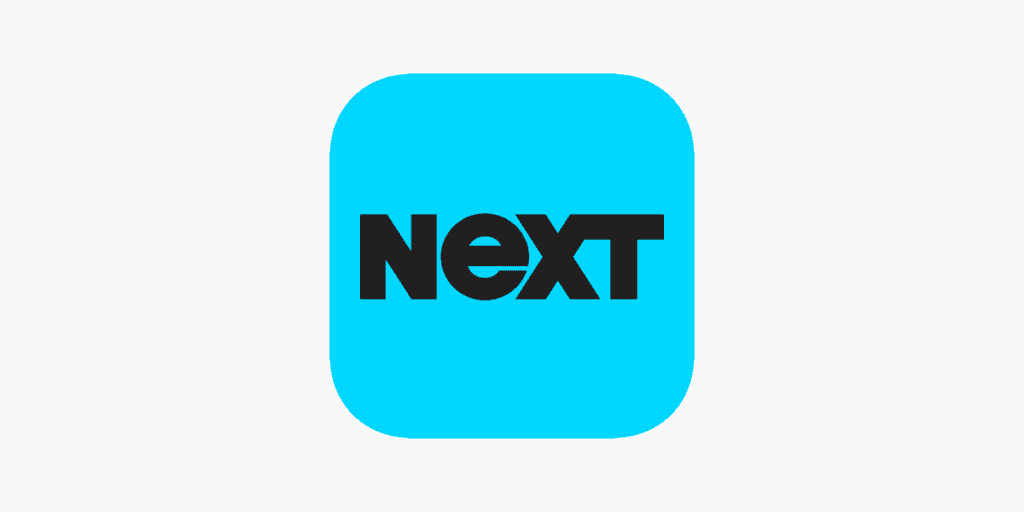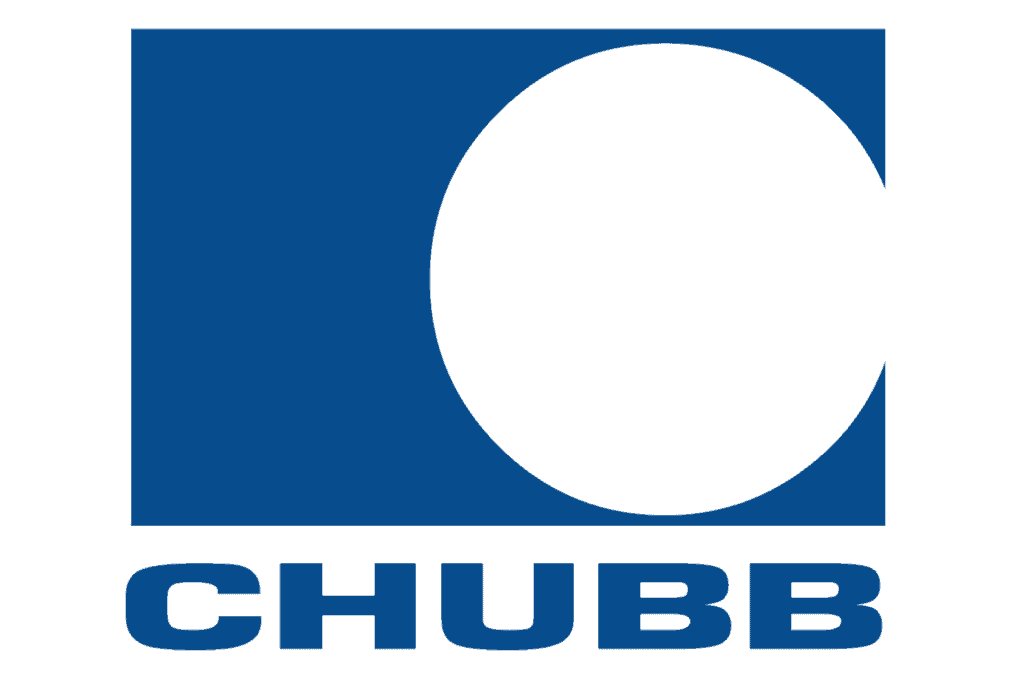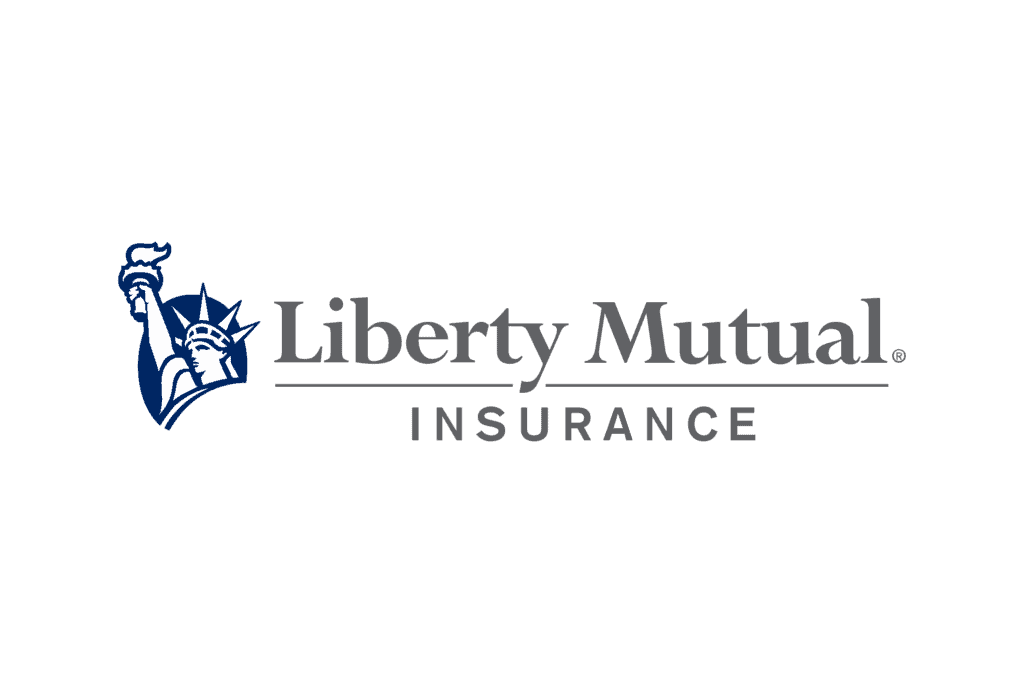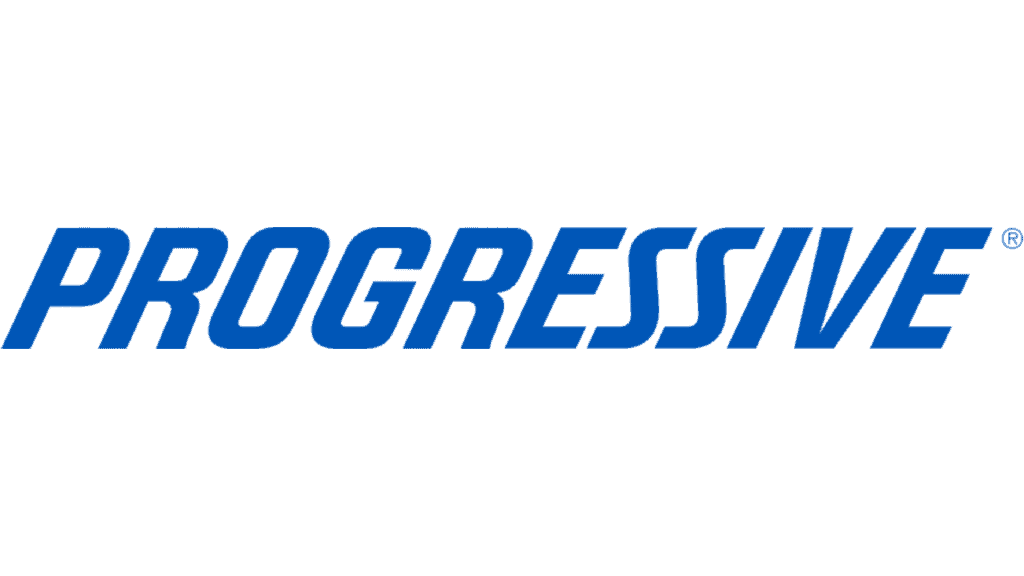The best ecommerce business insurance offers comprehensive coverage tailored to online sellers’ needs, giving them peace of mind and financial security in an increasingly complex digital landscape.
In today’s digital age, online retailers face risks that can threaten their operations and finances. From cyberattacks to product liability issues, online retailers need strong protection.
When finding the best ecommerce business insurance, each online business has its risks and requirements. With the right guidance, you can secure the coverage to protect it with best ecommerce business insurance.
My Top Picks
What Are the 7 Best Ecommerce Business Insurance in 2024?
If you want an overview, here`s a quick summary of our favorite eCommerce business insurance for retailers’ needs.
Check out the full article to understand why we picked these!
- Customized coverage options: Hiscox
- Best for eCommerce: Next Insurance
- Best for risk management tools : Liberty Mutual
- Best for Affordability: Progressive Commercial
Running an ecommerce business is exciting, but there are risks. Just like any other business, you need to know all types of business insurance. This helps protect you from unexpected problems. Ecommerce businesses often face online risks that regular stores don’t.
It’s smart to talk to an insurance expert. They can help you get the right coverage. When looking for the best eCommerce insurance options, it’s essential to consider the type of coverage that best suits your business needs.
Here are 7 top eCommerce business insurance options and key factors to consider for each. But it’s still important to understand the basics. This way, you can make good choices for your business.
1. Hiscox
Overview: Hiscox offers tailored insurance policies designed specifically for small businesses. They provide worldwide coverage and flexible payment options to meet their clients’ diverse needs.
Key Benefits
- Tailored policies for small businesses
- Worldwide coverage
- Flexible payment options
Product
Pros/Cons
Ratings
- Customized coverage options
- Global reach
- Flexible payment terms
- It may not be ideal for larger enterprises
Value
4.7
Features
4.8
Performance
4.8
Ease of Use
4.8
Design & Themes
4.9
Integrations
4.7
4.7
Overall Score
User Rating
4.7
944 reviews
Pricing
- General: Cost starting around $30 per month0 per month
- Professional: Cost starting around $22.50 per month
- Business: Cost starting around $42 per month
Opinion Piece
Hiscox stands out for its focus on small businesses, offering tailored policies that meet the specific needs of these enterprises.
Their flexible payment options and worldwide coverage make them a versatile choice. However, their specialized approach may not be as beneficial for larger companies.
Overview: Next Insurance provides fast, online quotes and custom policies tailored for various eCommerce niches. Its digital-first approach makes insurance accessible and straightforward.
Key Benefits
- Fast online quotes
- Custom policies for eCommerce niches
- Digital-first approach
Product
Pros/Cons
Ratings
- Quick and easy online process
- Tailored for eCommerce
- Competitive pricing
- Limited to online interactions
- May lack the personalized touch of local agents
Value
4.7
Features
4.8
Performance
4.8
Ease of Use
4.8
Design & Themes
4.9
Integrations
4.7
4.2
Overall Score
User Rating
4.2
88 reviews
Pricing
- General: Cost starting around $11 per month
- Professional: Cost starting around $14 per month
- Workers Compensation: $14 per month
Opinion Piece
Next Insurance excels in providing quick, online quotes and policies customized for eCommerce businesses. Their digital-first approach is convenient and efficient, making them a top choice for tech-savvy business owners. The downside is the potential lack of personalized service that local agents provide.
3. Chubb
Key Benefits
- Comprehensive coverage options
- Strong financial stability
- Extensive industry experience
Product
Pros/Cons
Ratings
- Broad coverage options
- Financially strong
- Experienced provider
- Higher premiums
- Complex policy structures
Value
4.7
Features
4.8
Performance
4.8
Ease of Use
4.8
Design & Themes
4.9
Integrations
4.7
3.7
Overall Score
User Rating
3.7
reviews
Pricing
- General: Costs ranges from $300 to $1000 annually
- Cyber: Can rage from $500 to $5000 annually
- Product: Cost varies widely based on product type and risk
Opinion Piece
Chubb is renowned for its comprehensive coverage options and strong financial stability. Their extensive industry experience makes them a reliable choice for businesses seeking robust protection. However, the higher premiums and complex policy structures might be challenging for small businesses.
4. State Farm
Overview: State Farm offers personalized service through local agents, competitive rates, and bundling options. They provide comprehensive coverage suitable for various business needs.
Key Benefits
- Personalized service from local agents
- Competitive rates
- Bundling options available
Product
Pros/Cons
Ratings
- Local, personalized service
- Attractive bundling discounts
- Well-known and trusted brand
- May not offer specialized coverages
- Service quality can vary by location
Value
4.7
Features
4.8
Performance
4.8
Ease of Use
4.8
Design & Themes
4.9
Integrations
4.7
4.3
Overall Score
User Rating
4.3
17,754 reviews
Pricing
- General: Cost typically starts at around $50 per month
- Professionally: Cost varies by profession and coverage level
- Business: Cost depends on property value and location
Opinion Piece
State Farm’s strength lies in its personalized service through local agents and competitive rates. Their bundling options can provide significant savings. However, the quality of service can vary by location, and they may not offer as many specialized coverages as other providers.
5. The Hartford
Overview: The Hartford provides customizable Business Owner’s Policies (BOP) and strong customer service, tailored specifically for eCommerce businesses.
Key Benefits
- Customizable BOP
- Strong customer service
- Tailored coverage for eCommerce
Product
Pros/Cons
Ratings
- Flexible policy customization
- Excellent customer support
- Specialized for eCommerce
- Higher insurance costs for more extensive coverage
- Complex policy options
Value
4.7
Features
4.8
Performance
4.8
Ease of Use
4.8
Design & Themes
4.9
Integrations
4.7
4.7
Overall Score
User Rating
4.7
61,473
reviews
Pricing
- General: Cost starting around $25 per month
- Business: Cost starting around $250 annually
- Cyber: Cost varies based on coverage amount
Opinion Piece
The Hartford offers excellent customer service and highly customizable Business Owner’s Policies (BOP), making them ideal for eCommerce businesses. Their strong reputation and tailored coverage options are major benefits, though their policies can be more expensive and complex.
Overview: Liberty Mutual offers a broad range of coverages backed by strong financial strength and comprehensive risk management resources.
Key Benefits
- A broad range of coverages
- Financial strength
- Risk management resources
Product
Pros/Cons
Ratings
- Extensive coverage options
- Strong financial backing
- Additional risk management tools
- May have higher premiums
- Complex claims process
Value
4.7
Features
4.8
Performance
4.8
Ease of Use
4.8
Design & Themes
4.9
Integrations
4.7
3.8
Overall Score
User Rating
3.8
reviews
Pricing
- General: Cost starting around $30 per month
- Workers: Cost varies widely based on payroll and industry
- Business Owner`s Policy: Cost starting around $45 per month
Opinion Piece
Liberty Mutual provides a broad range of coverages backed by financial strength and comprehensive risk management resources. They are a solid choice for businesses seeking extensive protection. However, their premiums can be higher, and the claims process might be more complicated.
Overview: Progressive Commercial is known for competitive pricing, customizable coverage, and strong customer service, which is ideal for various business needs.
Key Benefits
- Competitive Pricing
- Customizable coverage
- Strong customer service
Product
Pros/Cons
Ratings
- Affordable premiums
- Flexible policy options
- Good customer support
- May not offer specialized coverages
- Service quality can vary
Value
4.7
Features
4.8
Performance
4.8
Ease of Use
4.8
Design & Themes
4.9
Integrations
4.7
4.3
Overall Score
User Rating
4.3
53,226 reviews
Pricing
- General: Cost starting around $30 per month
- Professional: Cost starting around $40 per month
- Business Owner`s Policy: Cost starting around $50 per month
Opinion Piece
Progressive Commercial is known for its competitive pricing and customizable coverage, supported by strong customer service. They are a good option for businesses looking for affordable and flexible insurance solutions. However, they may not offer as many specialized coverages as some other providers.
Understanding Ecommerce Business Insurance
Online retailer insurance protects online retailers from risks associated with selling online. It typically includes a combination of different insurance policies designed for digital businesses.
The best ecommerce business insurance plans protect against potential threats, including:
- Cyberattacks and data breaches
- Product liability claims
- Business interruption insurance
- Property damage
- General liability
These comprehensive insurance policies ensure online businesses stay protected in the face of unforeseen circumstances, allowing owners to focus on growth instead of worrying about potential risks.
Selecting the Best Ecommerce Business Insurance Provider
When selecting the best ecommerce business insurance provider, consider these factors:
1. Financial Stability
Choose an insurance company with a strong financial strength rating to ensure they can pay out claims when needed. For example, AM Best rated Travelers, the parent company of Simply Business, A++ (Superior), indicating excellent financial stability.
2. Industry Experience
Look for insurance providers with specific experience insuring ecommerce businesses. For instance, The Hartford has been recognized as one of the World’s Most Ethical Companies 14 times, demonstrating their commitment to serving businesses across various industries.
3. Coverage Options
Choose an insurance provider that offers a wide range of coverage types tailored to ecommerce businesses. For example, NEXT Insurance provides various affordable small business insurance policies for more than 1,300 types of businesses, including ecommerce sellers.
4. Customer Service and Claims Process
Look for insurance providers with excellent customer service and a streamlined claims process. Nationwide Insurance, for instance, has provided small business insurance since 1926 and helped over 500,000 small businesses nationwide, demonstrating their commitment to customer satisfaction.
5. Online Accessibility
Choose a provider that offers online access to policy management and online quotes for claims filing. Many modern insurers, like Simply Business and NEXT Insurance, provide user-friendly online platforms for managing your coverage.
The Importance of Comprehensive Coverage
While cutting costs by skimping on auto insurance coverage may be tempting, this can leave ecommerce businesses vulnerable to financial losses.
Consider this: a study indicated that 40% of small businesses will likely experience a property or liability cover loss within the next ten years.
Comprehensive coverage is crucial for ecommerce businesses because they face online retail risks. Research shows that small businesses are more susceptible to cyber threats than large ones, making robust insurance protection critical.
| Insurance Type | Average Monthly Cost | Key Benefits |
|---|---|---|
| General Liability | $42 | Protects against third-party claims of bodily injury and property damage |
| Product Liability | $42 | Covers claims related to product defects or injuries |
| Cyber Liability | $145 | Protects against financial losses from data breaches and cyberattacks |
| Business Interruption | $40-$130 | Replaces lost income during covered business interruptions |
| Commercial Property | $67 | Protects physical assets like inventory and equipment |
Special Considerations for Amazon Sellers
Amazon sellers need to be aware of the platform’s insurance requirements. According to the Amazon Services Business Solutions Agreement, sellers need insurance if they exceed $10,000 USD in gross proceeds per month for three consecutive months or if Amazon requests it.
Special Relationship of Automated Business and E-Commerce
Automation plays a pivotal role in the success and efficiency of e-commerce businesses. By integrating automated systems into various operations, e-commerce businesses can streamline order processing, ensuring quick and accurate fulfillment of customer orders.
Automated inventory management keeps track of stock levels in real-time, preventing stockouts and overstock situations, thereby optimizing inventory and enhancing customer satisfaction.
Customer relationship management benefits from automation through personalized communication and timely follow-ups, fostering stronger customer relationships and increasing retention rates.
Additionally, marketing efforts are amplified by automation tools that manage campaigns across multiple channels, providing valuable insights and optimizing strategies for better ROI.
Customer support is significantly improved with automated systems like chatbots, offering 24/7 assistance and reducing the burden on human agents. Automated data analysis enables informed decision-making by processing large volumes of data and generating actionable insights.
Finally, automated payment processing ensures secure and efficient transactions, reducing the risk of errors and fraud.
Overall, the integration of automated business processes in e-commerce creates a seamless, efficient, and scalable operation that enhances the customer experience and drives business growth.
My Thoughts on the Best Mobile Ecommerce Business Insurance
Securing the best ecommerce business insurance is crucial for protecting your online venture from the many risks in today’s digital landscape. By understanding the various types of coverage available and carefully selecting a reputable insurance provider, you can create a comprehensive insurance package tailored to your specific needs.
Remember, insurance doesn’t just meet minimum requirements; it provides peace of mind and financial security as you grow your ecommerce empire. Invest in robust coverage now, and you’ll be better prepared for anything that comes your way in online retail.
FAQs About Ecommerce Business Insurance
The best ecommerce business insurance typically includes general liability, product liability, cyber liability, business interruption, and business property insurance. The specific liability coverage you need may vary based on your business model, products, and risk profile.
The best insurance to sell online depends on your ecommerce business. However, most online sellers often recommend a comprehensive package that includes general, product, and cyber liability insurance.
While Shopify doesn’t require insurance, it’s highly recommended to protect your business. The best ecommerce business insurance for a Shopify store typically includes professional liability insurance, product liability insurance, and cyber liability coverage.
Yes, cyber insurance is recommended even if you use Shopify. While Shopify has security measures, cyber insurance provides additional protection against data breaches, hacking incidents, and other cyber threats that could affect your business.

